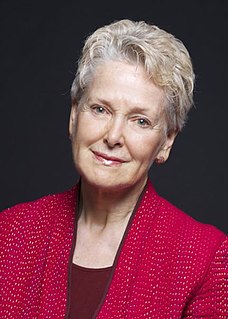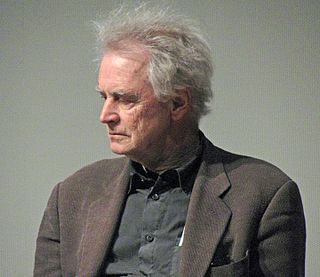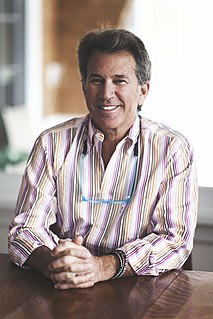A Quote by Margaret MacMillan
History is about great forces, yes, but also about contingency.
Related Quotes
Yes, the kingdom of Christianity and the Church has been one of the most destructive forces in history, and there are levels of bastardization of religious beliefs. But the unique thing about Christianity is that it is so amorphous and not reductive to culture or place or anything. It's extremely malleable.
I think if I were reading to a grandchild, I might read Tolstoy's War and Peace. They would learn about Russia, they would learn about history, they would learn about human nature. They would learn about, "Can the individual make a difference or is it great forces?" Tolstoy is always battling with those large issues. Mostly, a whole world would come alive for them through that book.
I think the Bhagavad Gita is about both the forces of light and the forces of darkness that exist within our own self, within our own soul; that our deepest nature is one of ambiguity. We have evolutionary forces there - forces of creativity, and love, and compassion, and understanding. But we also have darkness inside us - the diabolical forces of separation, fear and delusion. And in most of our lives, there is a battle going on within ourselves.
Yes, I am optimistic about the environment. If you assume business is exerting the most negative influence on the environment and also has the possibility to impact it positively, there are a bunch of forces that are impacting business that are fundamentally different from the situation 3 or 4 years ago.







































